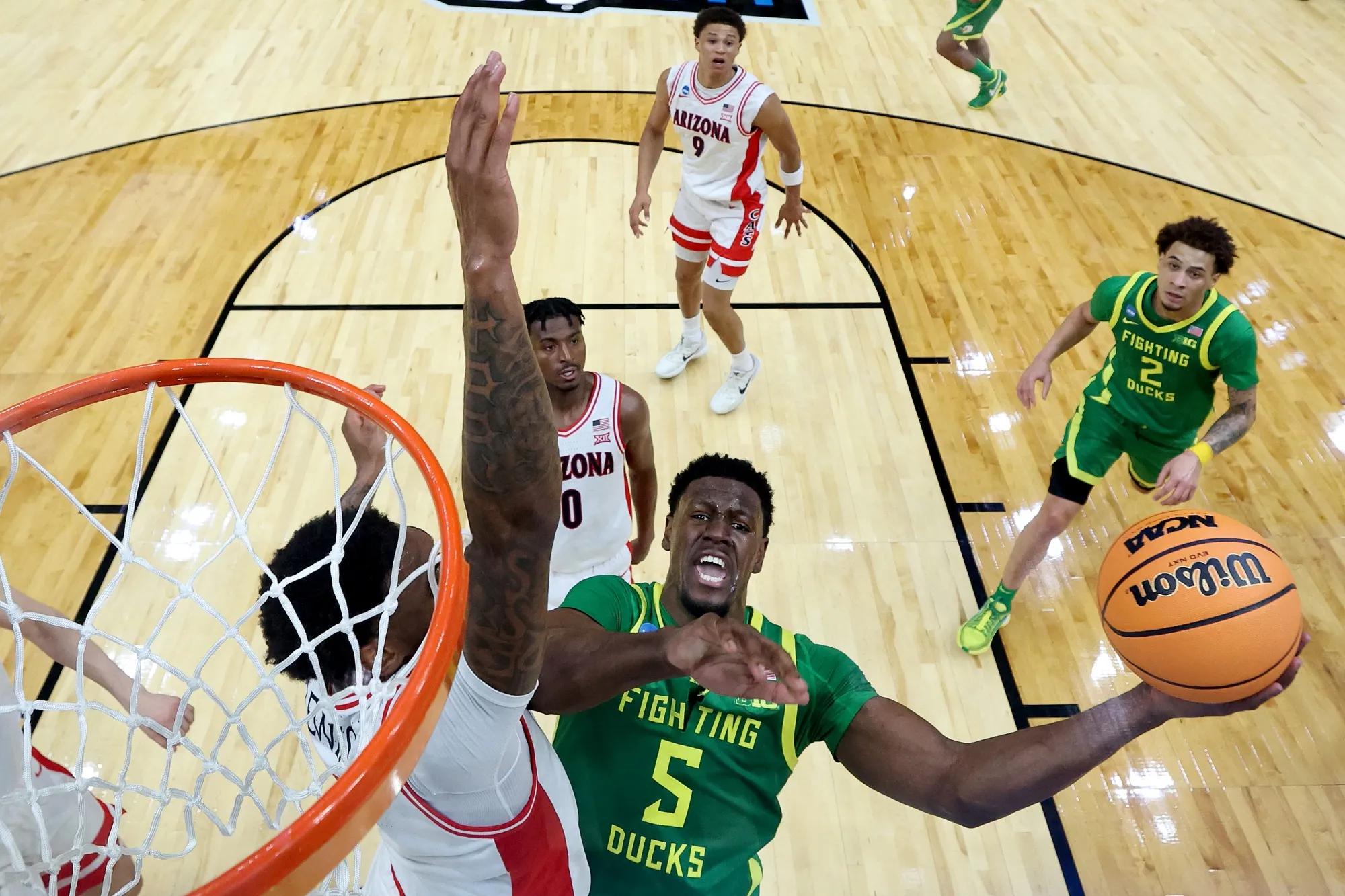Betting
Gambling Is No Longer Investing’s Evil Twin
Aaron Brown
May 03, 2025
First published on: Bloomberg

I suspect many people yawned when the popular online brokerage Robinhood Markets Inc. announced it will offer sports and other prediction market derivatives, starting with betting on the NCAA March Madness basketball games.
After all, 22% of Americans and nearly half of men between the ages of 18 and 49 have made online sport bets, according to a recent poll. It’s likely that most of Robinhood’s 25 million customers (about 11 million of whom are active) are already wagering on sports and perhaps trading in other prediction markets. The Robinhood customers I know all bet on sports.
Nevertheless, this event is worth thinking about in broader historical terms at a time when the purpose and oversight of prediction markets are being debated. We live with dysfunctional legal and regulatory attitudes toward gambling and investment that are rooted in a morality few people accept today and that never made economic sense. These attitudes make it difficult to think about Robinhood’s March Madness plan rationally: Is there economic merit to such products? Should they be offered by brokerages and overseen by federal markets regulators, or left to the current patchwork of state rules that govern sports betting, or entirely reimagined?
The fundamental distinction between investing and insurance on the one hand, and gambling on the other, is that the first two reallocate the inherent risk of economic activity while gambling creates risk to have something to bet on.
Not everyone accepts this distinction. Many people claim markets are gambling. Trading on the New York Stock Exchange is no different from what is done in Las Vegas, and life insurance is just a bet that you will die before the policy expires. Other people, primarily quants, think gambling is trading. A bet is a bet whether made on Nvidia Corp. stock, frozen orange juice futures or South Carolina winning the 2025 Women’s NCAA basketball crown.
Most people, however, and most laws and regulation, distinguish between trading with a clear connection to productive economic activity, and betting for entertainment. Few people would be comfortable if Robinhood offered online blackjack and roulette, or if stocks and bonds were sold by waitresses in scanty costumes at the Wynn casino.
Unfortunately, the distinction is not sharp. It’s easy to differentiate between making a loan to a startup and betting eight the hard way at a craps table. But a lot of trading seems unrelated to productive economic activity, creating risk rather than reluctantly accepting inherent risk from others, and done for excitement or out of delusion rather than prudent calculation.
Moreover, prediction markets don’t create the risk they traffic in and could be used to hedge real-world exposures, or at least to provide useful information for real-world decisions. For example, bets on elections, the weather and court decisions are economically relevant even if they are not directly related to capital raising or used as hedges. They differ from gambling by being primarily games of skill in the long run, not chance.
Robinhood argues prediction market trading falls on the investing side and is distinct from gambling — a position that may also allow it to sidestep state-level rules that apply to the sports betting industry. “Event contracts allow for speculation in prediction markets — these are not bets,” according to its website. I don’t know what dictionary they’re using, mine defines “bet,” as “risking money on the outcome of a future event.” Robinhood’s position that its business is not subject to state gambling rules or sports administrators is being challenged.
Allowing betting-for-entertainment gambling in a brokerage entity regulated by the Securities and Exchange Commission and the Commodity Futures Trading Commission doesn’t make much sense though. Those regulators are concerned with capital formation and keeping markets efficient, neither of which apply to prediction markets or sports betting. While the two agencies are also tasked with investor protection, that means something different in gambling than in financial trading.
We already have regulators specifically focused on protecting gamblers. I would argue those rules are based on outmoded morality and assumptions, and they do more to entrench existing gambling entities (including state lotteries) than to protect problem gamblers. But reforming gambling regulations to accommodate prediction markets makes more sense than putting sports betting and prediction markets under financial regulation.
Courts have struggled for centuries to distinguish gambling from financial trading and insurance without articulating a clear principled position. The fundamental problem is some people see gambling as a moral issue. It is either sinful, or dangerously destructive, or both. It may be accepted reluctantly for essential investment and insurance, but it should be limited to the minimum necessary amount, and any hint of fun squeezed out.
That attitude is no longer the social consensus, with most people now accepting gambling as a choice. In financial terms, it’s grown far too large to treat as a vice to be suppressed. We have to abandon unworkable legacy rules based on outmoded thinking and instead focus on the customers — are they gambling for entertainment or trading for economic purposes? Not because the former is bad and the latter is good, but because they call for different regulatory goals. Financial market regulation should focus on what’s good for the economy — efficient markets and robust capital formation — protecting investors to protect faith in the markets, not protecting investors from themselves.
Of course, the problem is that different people can use the same markets differently. People can day trade for entertainment with no economic purpose, while others can use prediction markets seriously. Rather than insisting that prediction markets are either all gambling or all trading, regulation should focus on what customers are doing.
That doesn’t mean we can’t try to help problem gamblers, whether they are losing money they cannot afford with lottery tickets or day trading, but that’s an entirely separate activity. It has to be addressed directly to individuals with problems, not by inventing unworkable sharp distinctions between good risk-taking and evil gambling.
Your Next Read

Investors Must Figure Out What Kind of Poker Donald Trump Is Playing
February 10, 2025
